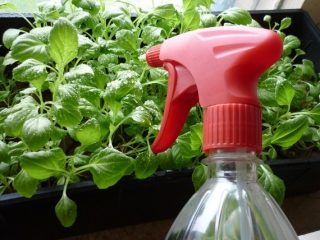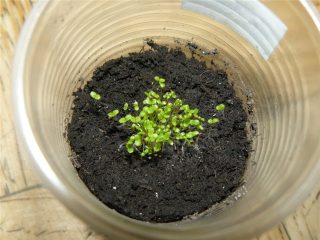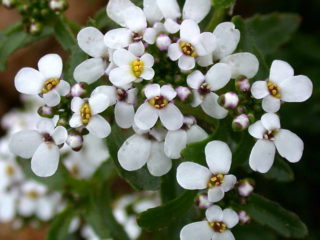Content
Petunias are garden plants that require almost no care. In Russia, they are given an honorable place in the list of the most widespread crops. However, some gardeners encounter problems when growing flowers: slow growth, few buds, premature yellowing. In this case, citric acid for petunias comes to the rescue.
Why water petunias with citric acid?
The substance contains not only vitamins, but also other useful components that help in development.

Fertilizing is used to increase iron content, prevent leaf fall, chlorosis and other diseases of petunias.
To speed up the absorption of substances, lemon is diluted in water. The resulting liquid is sprayed onto the ground, thanks to the additive the immune system is strengthened, and the plant recovers safely from the disease. Soon the petunia forms new flowers, which it could not do before.
Feeding time
There are no strict restrictions on when to use acid. Fertilizer is applied at any stage of the growing season, including at its end. Unlike other acids, lemon supplement is safe, since it does not contain aggressive elements.

The additive is used in cooking, agriculture, cosmetics production, chemistry and other industries
For preventive purposes, petunia is fed 2-3 times a season, starting from April and ending in October (in November the soil freezes). The composition is applied at the root or directly to the shoots. In the first case, more liquid is required, especially in hot weather.
Spray on a windless evening or in the morning, trying to get the solution on every stem and leaf. There is no need to pour on the flowers - they will receive nutrients from the roots.
How to dilute citric acid for petunia seedlings
Although citric acid is not aggressive, the gardener must know the dosage. This knowledge will allow you to avoid unforeseen situations, for example, when the petunia suddenly turns pale or begins to fade.
The solution is prepared as follows. Select a volume container of at least 3 liters. Boiled water (not necessarily warm) is poured into it, 8 g of iron sulfate and 12 g of lemon additive are added. Mix the liquid thoroughly until the components turn into a homogeneous substance.
Frequency of application
Petunias do not like overly fertilized substrate, so it is important not to overdo it with fertilizing. A small overdose causes almost no harm, and the plant does not react to it.
It’s another matter when a gardener sprays the soil with acid regularly. By doing this, it harms not only the petunias, but also the area as a whole. The substrate must be monitored before and after application (checked with litmus paper).

If the soil is close to neutral - good, but if it is acidified, the use of citric acids is inappropriate
For health purposes, petunia is sprayed for no more than two weeks. Ideally 5-8 days. As soon as improvements appear and the leaves are filled with chlorophyll, stop feeding. For prevention, citric acid is applied to the root. 1 liter of solution is enough for one plant. The frequency of application is once every 30 days.
Useful tips
Fertilizing by itself does not work; it requires watering, proper lighting, and treatment against pests and diseases. Combining all agricultural techniques, the owner is likely to receive a reward for his efforts - lush and long-lasting flowering.
Conclusion
Citric acid for petunias helps to cope with the difficult period that comes in the life of every plant. The food supplement is absolutely safe, since it contains no aggressive components. But vigilance is still necessary. With frequent application, the gardener will quickly acidify the soil.








